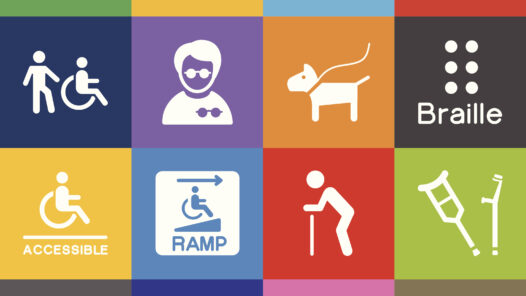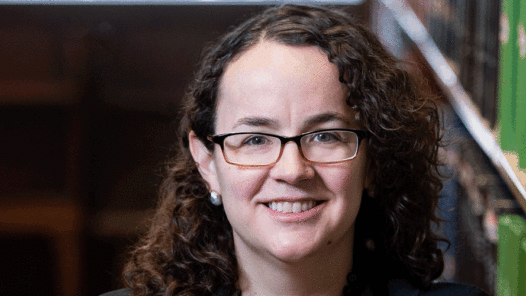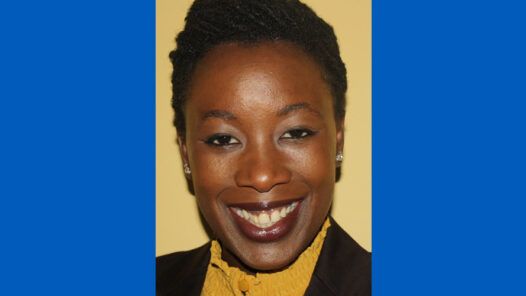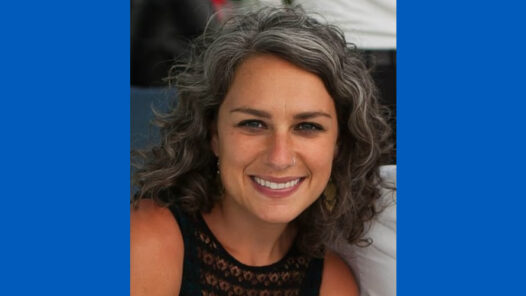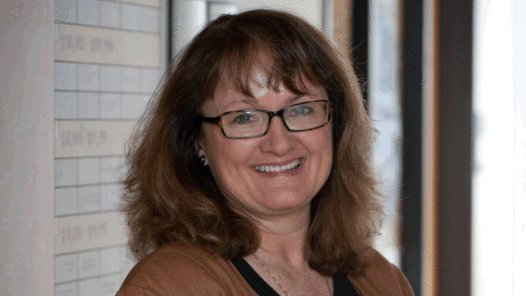“... so much power is routed through technological systems right now that it is absolutely critical for us to figure out ways for us to be critically engaged in how it is designed, how it is implemented, and how it is used.”
“At the end, I think that if we get social workers from the University at Buffalo and lawyers in Mexico, from Universidad LaSalle to start partnering on potential future projects that would be the best outcome. That our students can now be sure that...
It could be in the criminal justice system... the mental health system, it could be... whatever system for me when I think about, are you willing to give up some power?... How do you reduce the distance between yourself and the people that you’re...
"There is a whole other side to that narrative that seems to be unnamed and not known and not talked about which is the potential for post traumatic growth and transformation and the stories of people who yes had bad individual trauma and at the...
“In order to do clinical work, we have to have a macro understanding of why we are there in the first place. So having to navigate between this micro clinical aspect of how to work with an individual and how that individual is actually not...
“... I am so glad that we have that one word in front of that statement, human rights, not American rights... this is a recognition of what all human beings deserve simply because they are human beings. And that there has to be work toward the...
"It’s quite amazing, [human rights is] like a tree that starts off with its roots and a trunk but then the branches have just appeared in country after country, that’s what’s also important. Many of the countries that in the 50s and 60s and on were...
“It’s important that you be authentic. Not only will people see right through you if you are fake, but people only connect with real people.”
“How can we uphold that principle [of self-determination] if we aren’t giving referrals and resources that really support people’s self-determination to make informed decisions about when, whether, how to have a family?”
“To be trauma-informed in an educational context is to understand the role that violence and victimization may have played in the lives of students, and then to apply that understanding to not only curriculum development, but also policies and...



